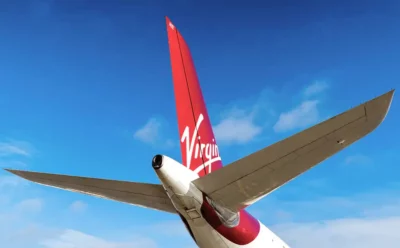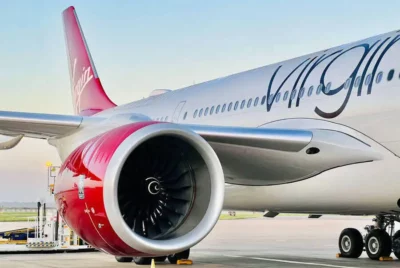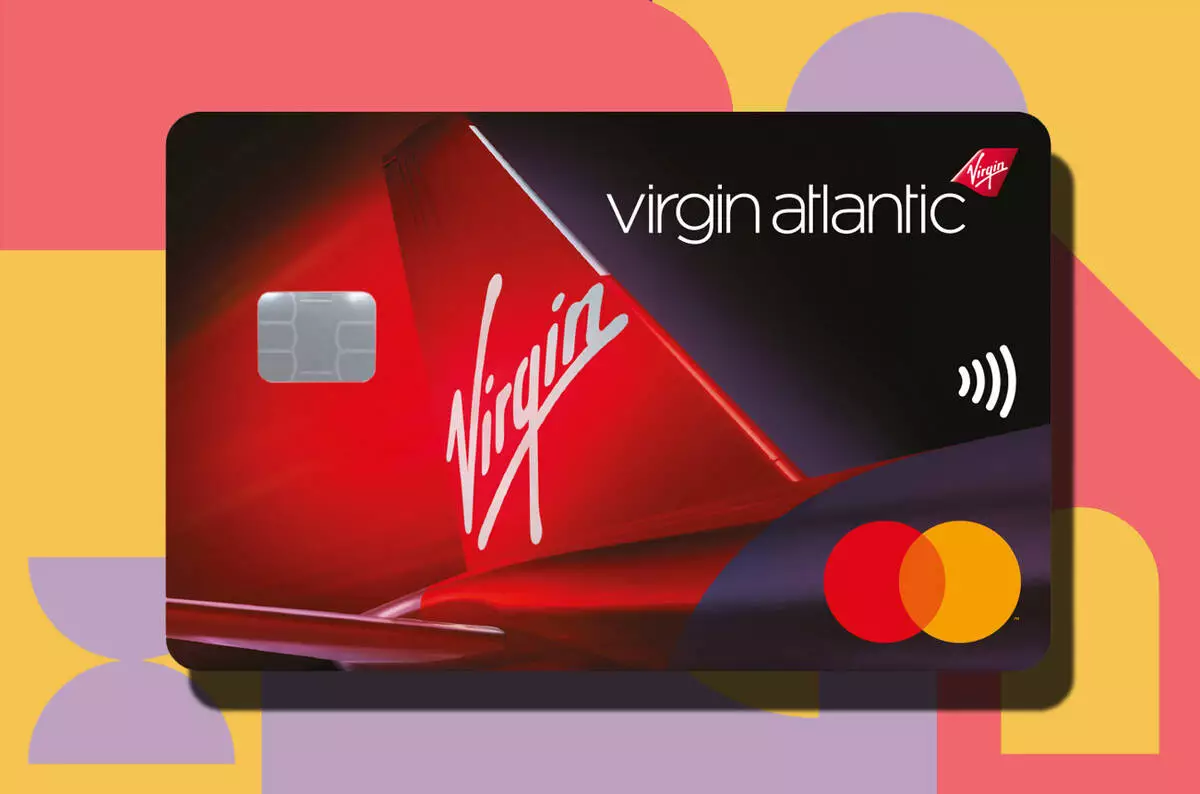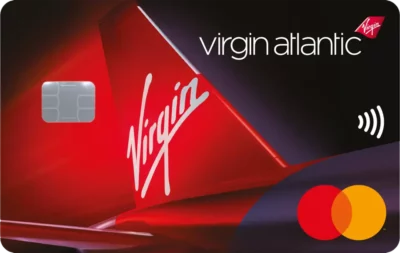Government hires Morgan Stanley to advise on Virgin Atlantic bailout, talks ongoing
Links on Head for Points may support the site by paying a commission. See here for all partner links.
Sky News reported this afternoon that Morgan Stanley has been appointed by the Government to give additional advice on Virgin Atlantic’s application for a bailout.
It has already been confirmed that Rothschild and EY are working with the Government, although EY is theoretically conflicted having been the auditor of British Airways and latterly IAG for more than 30 years.
It is unclear exactly what is being requested. Whilst the report talks about ‘£500 million of public money’ being required, it is arguably more likely that the Government will provide a loan guarantee.

This would ensure than any banks which lent new money to Virgin Atlantic would have 80% to 90% of losses indemnified by the tax payer. The upside of this approach is that it doesn’t require any public money to be handed over until (unless) the airline fails.
The airline is also believed to be seeking a Government guarantee to allow it to access the substantial sums being held back by Visa, Mastercard and American Express. As the credit card companies are liable to repay passengers under the Section 75 rules if the airline fails, they are refusing to hand over payment for ticket sales until after the date of travel.
It is also possible that the Government may take an equity stake, although this would primarily be for PR purposes to justify the guarantees. Virgin Atlantic has never paid regular dividends to its shareholders and the level of debt in the business means that the equity has little value.
Air France KLM was only prepared to pay £220 million for a 31% stake back in 2017 – a deal which eventually fell through – and that was during a good point in the cycle.
As we have covered before, Rolls-Royce, Airbus and Heathrow Airport have submitted letters to the Government stressing the importance of saving Virgin Atlantic. Manchester Airports Group made a similar submission last week according to press reports.

To add to the confusion, Delta Air Lines – a 49% shareholder in Virgin Atlantic – received a huge bailout from the US Government this week. It has been given $5.4 billion, of which just $1.6 billion is a loan. This is despite spending almost $3 billion in 2019 alone on dividends and share buy-backs. Do the US airline bailouts mean that the UK Government should do the same? Or does it mean that Delta should use some of its free money to prop up Virgin Atlantic?
Virgin Group has already injected a reported $100 million into the airline in recent weeks. Whilst it could clearly do more, it is also unclear how much of the value of Virgin Group is actually liquid as opposed to the value of its equity stakes in various businesses.
Virgin Atlantic also has a more uncertain future than British Airways because of its reliance on the US market. If the US decides to impose tough restrictions on incoming flights for a couple of years, such as enforcing a two week quarantine period on arrival to anyone who could not prove coronavirus antibodies or vaccination, it will effectively end 90% of tourist and business travel.
The EU would be likely to impose parallel restrictions on US passengers in retaliation, cutting off the inbound flow. British Airways would be able to fall back on its short-haul network, whilst easyJet and Ryanair could operate a relatively normal schedule once European lockdowns end.
Without a guarantee that the UK-US aviation market will reopen soon without restrictions, it is hard to see how support for Virgin Atlantic could be justified. Paying the airline to park most its aircraft for 18-24 months until the US allows tourism again is clearly not going to work, however strongly you want the airline to survive.
Talks with the Government are ongoing and expected to continue for a number of weeks.
PS. If you are not a regular Head for Points visitor, why not sign up for our FREE weekly or daily newsletters? They are full of the latest Avios, airline, hotel and credit card points news and will help you travel better. To join our 70,000 free subscribers, click the button below or visit this page of the site to find out more. Thank you.

How to earn Virgin Points from UK credit cards (July 2025)
As a reminder, there are various ways of earning Virgin Points from UK credit cards. Many cards also have generous sign-up bonuses.
You can choose from two official Virgin Atlantic credit cards (apply here, the Reward+ card has a bonus of 18,000 Virgin Points and the free card has a bonus of 3,000 Virgin Points):

Virgin Atlantic Reward+ Mastercard
18,000 bonus points and 1.5 points for every £1 you spend Read our full review

Virgin Atlantic Reward Mastercard
3,000 bonus points, no fee and 1 point for every £1 you spend Read our full review
You can also earn Virgin Points from various American Express cards – and these have sign-up bonuses too.
The American Express Preferred Rewards Gold Credit Card is FREE for a year and comes with 20,000 Membership Rewards points, which convert into 20,000 Virgin Points.

American Express Preferred Rewards Gold Credit Card
Your best beginner’s card – 20,000 points, FREE for a year & four airport lounge passes Read our full review
The Platinum Card from American Express comes with 50,000 Membership Rewards points, which convert into 50,000 Virgin Points.

The Platinum Card from American Express
50,000 bonus points and great travel benefits – for a large fee Read our full review
Small business owners should consider the two American Express Business cards. Points convert at 1:1 into Virgin Points.

The American Express Business Platinum Card
50,000 points when you sign-up and an annual £200 Amex Travel credit Read our full review

The American Express Business Gold Card
20,000 points sign-up bonus and FREE for a year Read our full review
Click here to read our detailed summary of all UK credit cards which earn Virgin Points.



 Rob
Rob 





Comments (119)